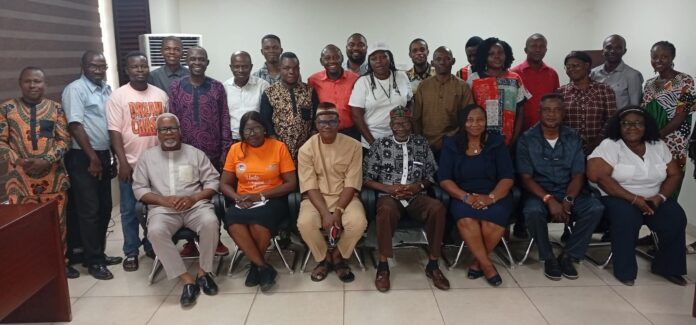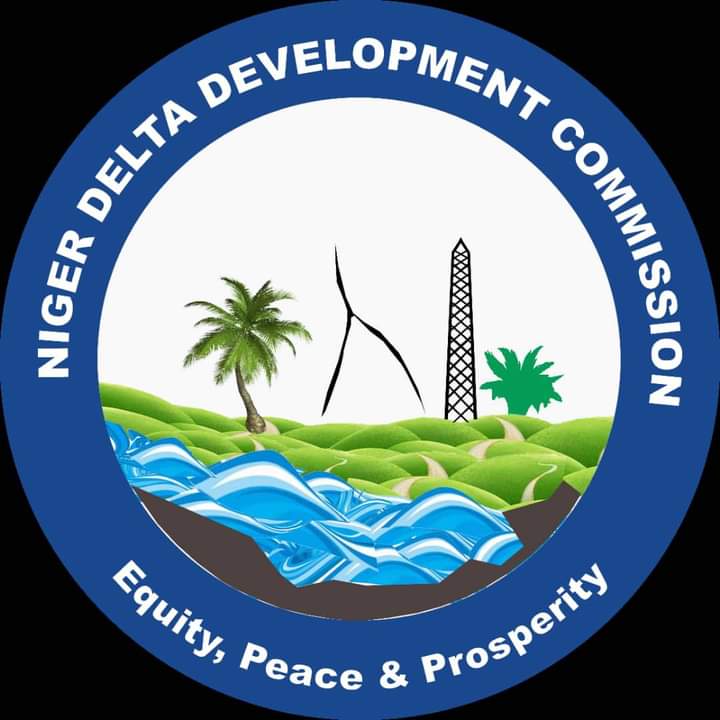By ENITAN ABEL JOHNGOLD ORHERUATA, mnipr
The Accountability for Community-Led Monitoring and Advocacy Network (ACOMIN) has raised alarm over persistent staff shortages, drug stock-outs, and dilapidated infrastructure affecting primary healthcare centres across Delta State.
Speaking at a media briefing held at the State Secretariat in Asaba, ACOMIN State Program Officer, Austin A. Uwede, said the gaps are directly affecting access to HIV, TB, and malaria services.
“These challenges are daily realities,” Uwede said. “Patients travel long distances only to meet empty facilities or no drugs. We must shift from shortages to sustainable solutions.”
Uwede identified three major concerns — overstretched health workers, frequent shortages of essential medical commodities, and deteriorating buildings with leaking roofs, cracked walls, and non-functional toilets.
Despite the challenges, he highlighted major improvements recorded under the Global Fund-supported Community-Led Monitoring (CLM) project, including:
Construction of a waiting hall at Uwheru PHC
Renovation of labour and female wards at Pessu PHC by the Rotary Club
Donation of medical equipment and restoration of electricity at Odovie PHC
Provision of water pumping machine at Ekrerhavwen PHC
Supply of diagnostic tools and consumables at Ovrode PHC
Reconstruction of soakaway at Bulu-Apelebiri PHC
Earlier, ACOMIN State Chairman, Pastor Gregory Sifo, commended community-based organizations for driving progress.
“People have started taking ownership of health centres,” he noted. “This meeting is to enable the media amplify these success stories.”
ACOMIN called on government agencies, private sector partners, media organizations, and traditional leaders to take coordinated action to strengthen Delta’s community health systems.











